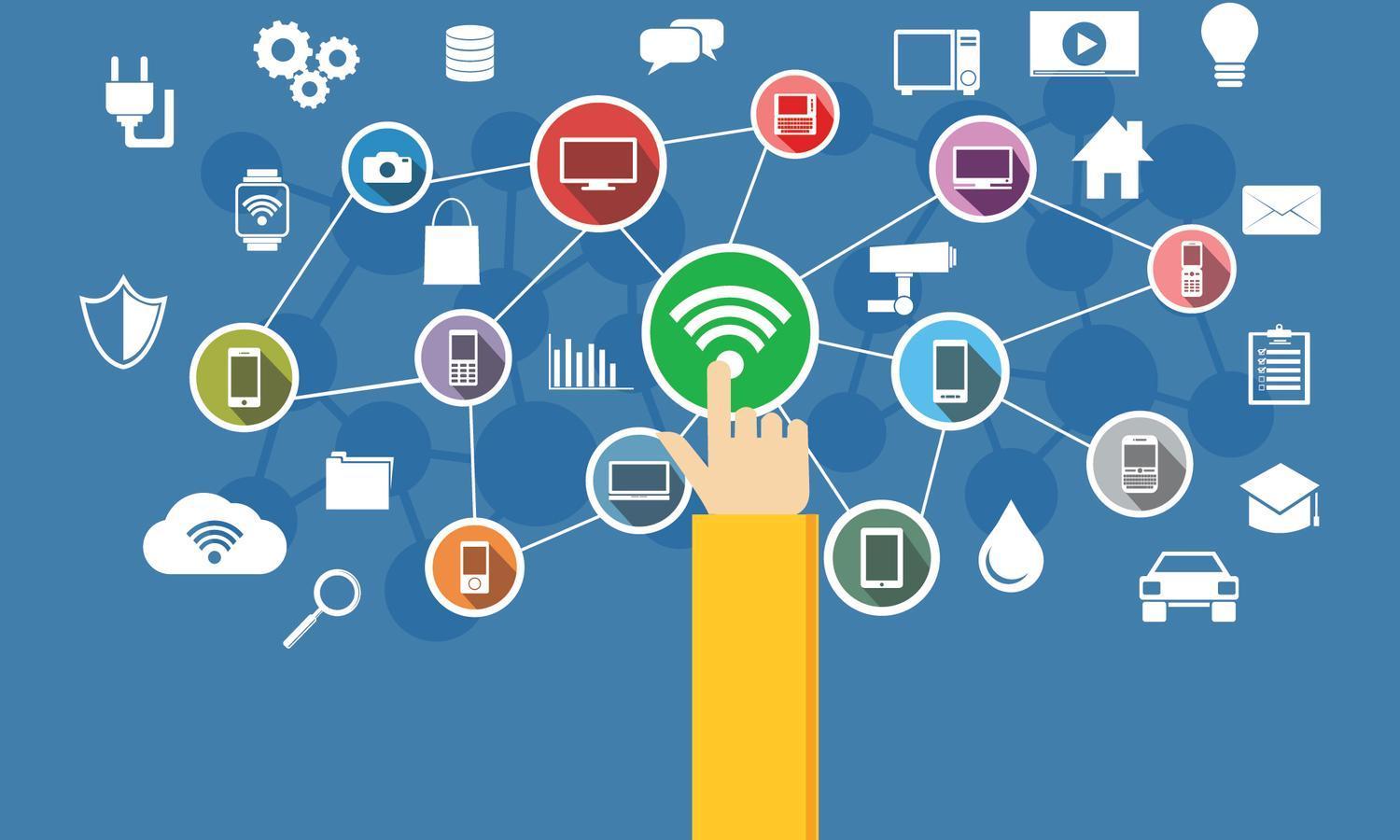Latest News
Right to Internet Under The Constitution

The internet has undoubtedly become one of the most essential parts of our lives, so important that even the thought of being unconnected for even a day brings to our mind all that we would miss, all the work that would remain undone, all the communication that would come to a halt and how we would be unconnected from the world. More importantly during this COVID-19 time, the importance of the internet has grown manifold.
Internet though having such an important place in our lives has not reached some parts of our country or the right to have access to it is denied in others. The important question pertaining to this is, is right to have access to the internet an aspect of the fundamental rights, provided under the Constitution of India, which is the source from which all the rights of the citizens of our country emanate.
This question came before the Supreme Court earlier this year when a number of petitions came before the Supreme Court with regard to abrogation of Article 370 in Jammu and Kashmir on 5th August 2019, and the curtailment of basic freedoms like that of the internet by the State.
The five-judge Supreme Court bench headed by Justice NV Ramana said that, although we cannot declare the right to the internet as a fundamental right under the constitution this a part of the fundamental right of Freedom to speech and expression guaranteed by the Constitution under Article 19(1)(a) and Article 19(1) and said that “the freedom of speech and expression and the freedom to practice any profession or carry on any trade, business or occupation over the medium of internet enjoy protection under Article 19(1) and Article 19(1)(a)”. In addition to this, the Court also said that the restrictions on the Internet have to follow the principles of proportionality under Article 19(2). Before this judgment the State of Kerala became the first state in India to recognize the right to the internet as an aspect of the fundamental right, being a part of right to privacy and the right to education under Article 21 of the Constitution in the Kerala High Court’s judgment in the case of Faheema Shirin v. the State of Kerala.
Expanding the scope of Article 19, the Apex Court said that the law should recognize the relevance that the internet has and also, the freedom of speech ad expression also includes the freedom of speech and expression via different mediums and that the State cannot put restrictions on this right as in today’s time having access to the internet has utmost importance with regard to the circulation of ideas and information to a huge array of the citizenry. The trade and business which takes place, the booking of tickets for trains and airlines, planning a visit to someplace, submitting assignments by students, and what not, everything requires access to the internet.
This judgment of the Supreme Court is also in tune with the United Nations Human Rights Council’s report in 2011 which said that access to the internet is an essential human right.
On the declaration of the right to the internet as a fundamental right, however, Justice Ramana who is also the author of the 130-page verdict, said that “None of the counsels have argued for declaring the right to access the Internet as a fundamental right and therefore we are not expressing any view on the same”. Elaborating on this point the judgment also refers to the view of the father of the internet himself, Vinton G. Cerf, who argued that the Internet cannot be elevated to the status of a human right.
The court also directed the J&K government to restore the access to the internet to essential services like hospitals and educational institutes and also held that the access to the internet should be a norm and deviations may be allowed only in the cases where the public tranquility or safety of the citizens of the State is at stake and that these restrictions should be of temporary nature, proportionate and justified.
Although this judgment came with respect to J&K it will have an important impact on the whole country and also would affect the restrictions that the State places on the access to the internet in the name of security and well-being of the citizens.



































































































